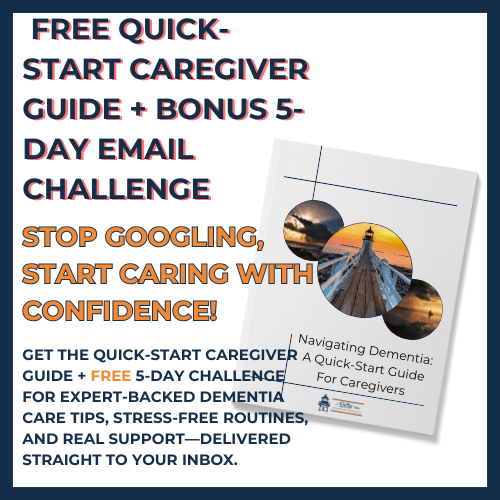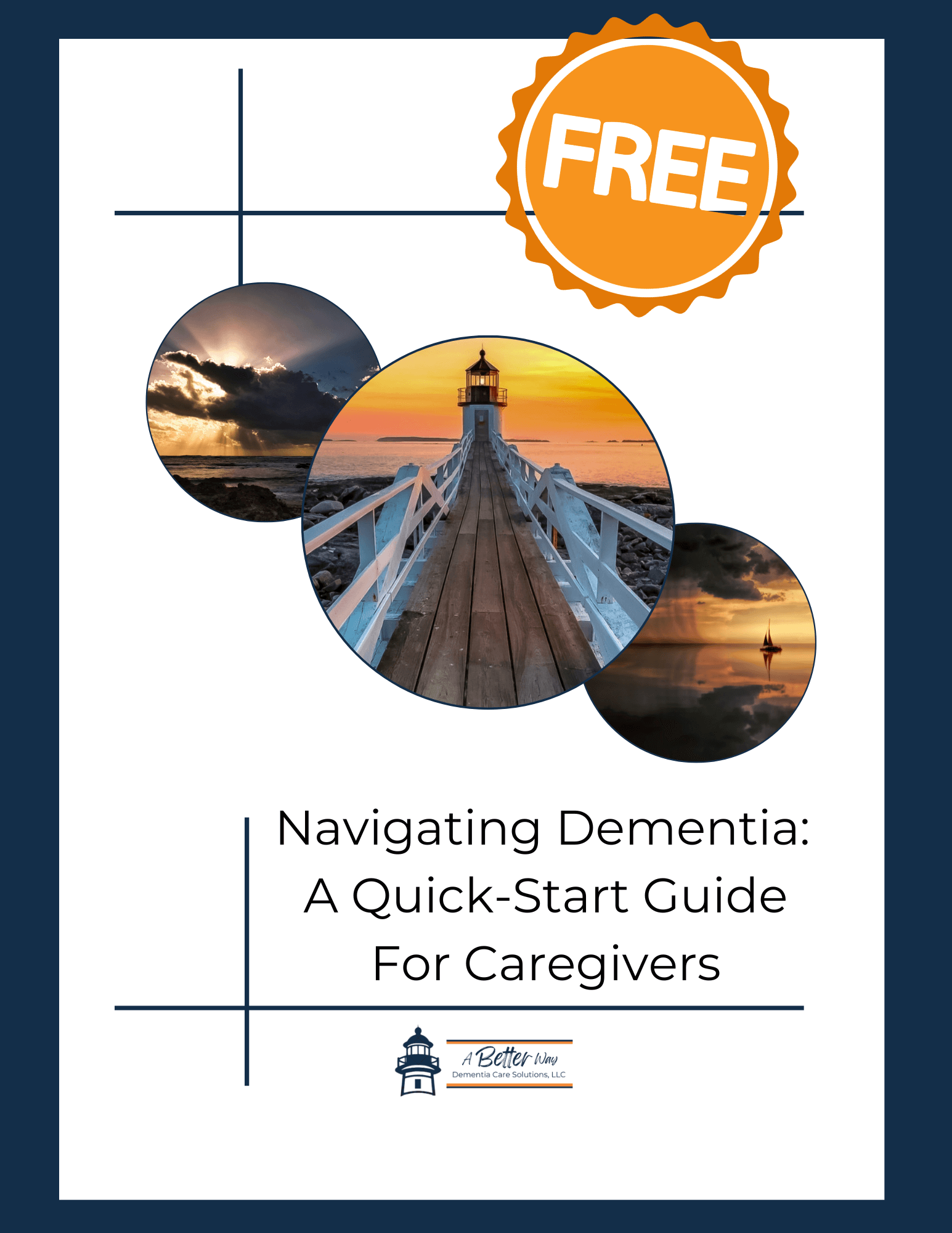
Dementia progresses in stages, gradually impacting memory, problem-solving, and daily functioning. The Allen Cognitive Level Screen (ACLS) is a valuable tool used to assess cognitive function and provide insight into what a person with dementia can still do, what they struggle with, and how much assistance they may need.
By understanding how the Allen Cognitive Levels (ACLs) correlate with dementia stages, caregivers can better support their loved ones, adjust care approaches, and ensure safety
What Are the Allen Cognitive Levels?
The Allen Cognitive Levels (ACLs) measure cognitive abilities on a scale from 0 to 6, with lower levels indicating more severe impairment and higher levels representing better cognitive function.
Allen Cognitive Levels & What They Mean for Dementia Care
Level 0: Coma (End Stage)
🔹 Description: No response to stimuli; total unawareness of surroundings.
🔹 Care Needs: Complete 24/7 care with full assistance for all needs.
Level 1: Awareness (Late-Stage Dementia)
🔹 Description: Limited awareness, severe cognitive impairment, may only respond to basic stimuli like touch or sound.
🔹 Care Needs: Total assistance with eating, dressing, mobility, and hygiene. Constant supervision required for safety.
Level 2: Large Body Movements (Severe Dementia)
🔹 Description: Can move their body but struggles with fine motor control. May pace, rock, or reach for objects without purpose.
🔹 Care Needs: Requires full assistance for dressing, hygiene, eating, and transfers. Safety precautions needed due to fall risks.
Level 3: Manual Actions (Moderate to Severe Dementia)
🔹 Description: Can perform simple, repetitive actions with hands, such as holding a spoon, brushing hair, or folding laundry, but needs cues and guidance.
🔹 Care Needs: Requires step-by-step assistance for dressing, bathing, and eating. May have difficulty with sequencing tasks (e.g., putting socks on before shoes).
Level 4: Familiar Activity (Moderate Dementia)
🔹 Description: Can complete familiar daily routines, such as making coffee or dressing, but struggles with problem-solving and new situations.
🔹 Care Needs: Can follow a structured routine but may need reminders and supervision for complex tasks. Safety concerns arise due to difficulty recognizing hazards (e.g., forgetting to turn off the stove).
Level 5: Learning New Activity (Mild Cognitive Impairment/Early Dementia)
🔹 Description: Can still learn new tasks but may require more time or repetition. Memory and judgment are declining, leading to occasional forgetfulness and difficulty planning.
🔹 Care Needs: Mostly independent but may need reminders for appointments, medications, or finances. Driving may become unsafe.
Level 6: Planning New Activity (Normal Cognition)
🔹 Description: No cognitive impairment. Can plan, problem-solve, and function independently.
How Do These Levels Align with Dementia Stages?
Understanding how Allen Cognitive Levels correlate with dementia stages helps caregivers anticipate challenges and adapt their approach.
Early Dementia (Mild Cognitive Impairment – ACL 5 or 4)
✔ Still capable of independent living but may struggle with memory lapses, decision-making, or multitasking.
✔ May forget recent conversations, appointments, or misplace items.
✔ Safety concerns may arise due to impaired problem-solving (e.g., leaving the stove on).
✔ May require reminders and structured routines for success.
🔹 Care Approach: Encourage independence while providing support. Use written reminders, alarms, and checklists to assist with daily tasks.
Moderate Dementia (ACL 3 or 2)
✔ Increased difficulty with sequencing tasks (e.g., dressing in the correct order).
✔ Needs supervision for hygiene, meals, and medication management.
✔ May wander, have trouble recognizing loved ones, or struggle with speech.
✔ High risk for falls and accidents due to decreased awareness of surroundings.
🔹 Care Approach: Focus on hands-on assistance and visual cues. Provide simplified choices to reduce frustration. Ensure the home environment is safe and structured.
Severe Dementia (ACL 1 or 0)
✔ Loss of verbal communication and ability to complete basic self-care.
✔ May be bedbound or only able to make small body movements.
✔ Requires full-time assistance for eating, toileting, and repositioning to prevent bedsores.
🔹 Care Approach: Provide comfort-focused care with gentle touch, soothing music, and familiar voices. Prioritize skin care, nutrition, and hydration.
How Can Caregivers Use This Information?
- Adjust expectations – Knowing a person’s cognitive level helps caregivers understand what tasks they can still do and where they need support.
- Create structured routines – Familiar activities reduce anxiety and confusion.
- Modify the environment – Safety precautions, visual cues, and assistive devices can help maintain independence.
- Provide step-by-step guidance – Breaking down tasks into simple, clear instructions can prevent frustration.
By using the Allen Cognitive Levels as a guide, caregivers can meet the person where they are, ensuring that care is appropriate, supportive, and compassionate at every stage of dementia.
Final Thoughts
Dementia changes how the brain functions, but understanding cognitive levels helps caregivers provide the right level of support while preserving dignity and independence.
Need More?
Join Our Private Caregiver Community
If you're looking for a safe space to share your caregiving experiences, ask questions, or simply connect with others who understand the challenges you face, join our private Facebook support group for caregivers. It's a supportive, empathetic community where you can find encouragement and answers when you need them most. Click here to join.
Subscribe to Our Newsletter & Download Your Free E-Book
For more valuable tips, resources, and updates on dementia care, click here to subscribe to our newsletter today!
Download Our FREE E-Book. CLICK HERE

NOTES
- Allen, C. K., Blue, T., & Earhart, C. A. (1995). Understanding Cognitive Performance Modes. S&S Worldwide.
- Earhart, C. A., & Allen, C. K. (2007). Allen Diagnostic Module: Instruction Manual (2nd ed.). S&S Worldwide.
- Allen, C. K. (1985). Cognitive Disability and Rehabilitative Planning. The American Journal of Occupational Therapy, 39(9), 599–605. https://doi.org/10.5014/ajot.39.9.599
- Allen, C. K., Austin, S. L., David, S. K., Earhart, C. A., McCraith, D. B., & Riska-Williams, L. (2007). Manual for the Allen Cognitive Level Screen – 5 (ACLS-5) and Large Allen Cognitive Level Screen – 5 (LACLS-5). S&S Worldwide.
- Alzheimer's Association. (2024). Dementia: Symptoms, Types, and Stages. Retrieved from https://www.alz.org/alzheimers-dementia
- American Occupational Therapy Association. (2020). Cognitive–Perceptual Intervention Approaches in Occupational Therapy. AOTA Practice Guidelines.
Disclaimer
The information contained in this blog post is for general educational and informational purposes only and should not be construed as legal advice, financial advice, health advice, or medical advice. The information provided is not a substitute for advice from a qualified professional who is aware of the facts and circumstances of your individual situation. We expressly recommend that you seek advice from a professional familiar with your specific situation.
Want to keep figuring this out together?
Subscribe to Finding Our Way in Dementia Care and get honest stories, helpful tips, and gentle support delivered to your inbox every week. Just real talk, grounded care, and space to breathe.
Subscribe to Finding Our Way in Dementia Care and get honest stories, helpful tips, and gentle support delivered to your inbox every week. Just real talk, grounded care, and space to breathe.
Kind truth. Clear steps. Warm guide.
















0 Comments